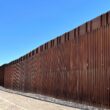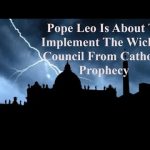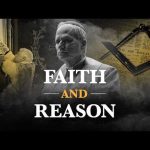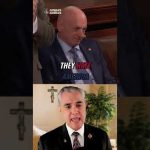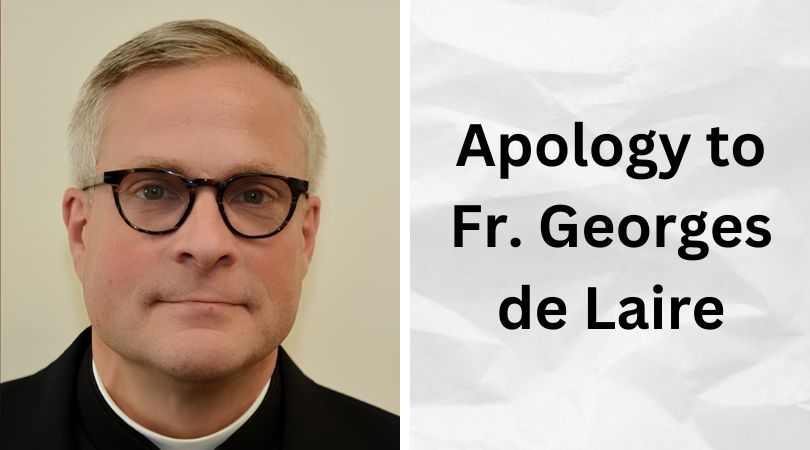Henry Kissinger (1923–2023), one of America’s most influential diplomats, died Wednesday at the age of 100.
Henry Kissinger
His family is expected to hold a private family service for the late statesman before a public memorial service is held in New York City. The U.S. diplomat died at his home in Connecticut, having played a key role in foreign policy in the United States for decades.
Former President George W. Bush said of the news, “America has lost one of the most dependable and distinctive voices on foreign affairs with the passing of Henry Kissinger.” He added that he had “long admired” Kissinger and was grateful for his “service and advice,” but mostly for his friendship.
Former British Prime Minister Sir Tony Blair remarked, “From the first time I met him as a new Labour Party opposition leader in 1994, struggling to form views on foreign policy, to the last occasion when I visited him in New York and, later, he spoke at my institute’s annual gathering, I was in awe of him.”
Mike Johnson, the new speaker of the House of Representatives, said the former Secretary of State’s “contributions to U.S. foreign policy and global diplomacy are immeasurable.”
Not everyone, however, is remembering Kissinger’s influence so fondly. And while it is said to be unseemly to speak ill of the dead, that customary reservation does not trump speaking the truth about the dark side of his legacy.
The Kissinger Report
A major component of Kissinger’s legacy is his role in orchestrating the “population control” movement that hit the United States and the world in the mid-20th century.
In 1974, the United States National Security Council completed a top-secret document entitled the “National Security Study Memorandum” (NSSM-200), commonly referred to as the “Kissinger Report.” He was secretary of state at the time, and it was written under his direction.
The top-secret document only came to light in 1990, when it was declassified and transferred to the U.S. National Archives.
According to the report, major ways to implement government population control programs include the legalization of abortion and financial incentives for countries that increase their rates of abortion, sterilization and contraception use.
Kissinger’s decades-long push to reduce the world’s population boils down to maintaining access to the mineral resources of less-developed countries. The report explains
The U.S. economy will require large and increasing amounts of minerals from abroad, especially from less developed countries. That fact gives the U.S. enhanced interest in the political, economic, and social stability of the supplying countries. Wherever a lessening of population pressures through reduced birth rates can increase the prospects for such stability, population policy becomes relevant to resource supplies and to the economic interests of the United States.
The murderous effects of the report’s policies have played out in U.S. foreign policy in multifarious ways over the decades. According to Human Life International, a Catholic pro-life organization, the ill effects of Kissinger’s climate control mandates can be seen in the following events:
In 2015 when Nigeria refused to legalize contraception and homosexuality, the United States withdrew financial and military aid that would allow it to combat the Islamic terror group Boko Haram. Boko Haram has kidnapped and slaughtered tens of thousands of people, mostly Christian, in that nation
In 2020 when Ecuador declined to legalize abortion, the United Nations [an organization carrying out the bidding of the Kissinger Report] refused to provide aid for it to battle COVID-19
In 2020, the United Nations Population Fund halted food and other aid to millions of starving Yemenis because the nation refused to legalize abortion
In 2019, when Zambia refused to legalize sodomy, the United States withdrew foreign aid to help alleviate the 11% national HIV infection rate and to care for 250,000 AIDS orphans.
The 50-year-old Kissinger Report continues to be the foundation for U.S. government population control policy and is still posted on the USAID website.
Kissinger and the WEF
Kissinger first spoke at the World Economic Forum in 1980, when he proclaimed, “We are living in an age of global interdependence.” He also warned at that time of “a delusion of confidence in classic models.”
He spoke again at Davos in 2022 when Klaus Schwab, founder of the WEF, fawned over him, describing their exchange as that of “a young student and an experienced professor.”
Indeed, Schwab’s push to manage food production and distribution for the world population harkens back to a second preoccupation for Kissinger: food control. The Kissinger Report states that “mandatory programs may be needed, and we should be considering these possibilities now.” It continues, “Would food be considered an instrument of national power? … Is the U.S. prepared to accept food rationing to help people who can’t/won’t control their population growth?”
Cambodia Carpet Bombing
While the effects of the Kissinger report were playing out at home and abroad, the stateman’s military influence and — according to some people, crimes — were being effected across the globe. The most destructive was what has become known as the “Cambodia carpet bombing,” the devastation of which is hard to convey.
President Richard Nixon
From 1969 to 1973, as national security adviser and Secretary of State under President Richard Nixon, Kissinger directed the carpet bombing of large swaths of Cambodia, undertaken “to destroy North Vietnamese and Viet Cong bases.” United States officials and their media mouthpieces claimed at the time claimed they were sanctuaries for communist insurgents from South Vietnam as well as for North Vietnamese soldiers.
According to one source, approximately 500,000 tons of U.S. bombs were dropped on Cambodia during this period, and as many as 150,000 civilians were killed. Other sources double the figure. Kissinger is said to have personally approved each of the almost 4,000 bombing raids in Cambodia between 1969 and 1970 alone.
His legacy in Cambodia is not a thing of the past. Land mines planted during Cambodia’s three-decade-long civil war, driven in part by U.S. government interference, are still exploding today. Sophal Ear, a Cambodian American political scientist, said, “To this day, there are people who … lose limb and life in the process of trying to make a living in a land that has been filled with bombs.”
One modern appraisal stands out, although the media camouflaged Kissinger’s handiwork at the time, and Americans too busy to take note often overlooked it. Celebrity chef and world traveler Anthony Bourdain, saw the damage wreaked by Kissinger’s foreign policy firsthand. He wrote this appraisal of it in 2001 after he had traveled to Cambodia:
Once you’ve been to Cambodia, you’ll never stop wanting to beat Henry Kissinger to death with your bare hands. You will never again be able to open a newspaper and read about that treacherous, prevaricating, murderous scumbag sitting down for a nice chat with Charlie Rose or attending some black-tie affair for a new glossy magazine without choking. Witness what Henry did in Cambodia — the fruits of his genius for statesmanship — and you will never understand why he’s not sitting in the dock at The Hague next to Milosevic [a reference to Slobodan Milosevic, the former Yugoslav and Serbian war criminal]
Kissinger was at peak diplomacy in the 1970s. His support of Pakistan facilitated the murder of Bangladeshis on a mass scale; his interference in the Argentine Dirty War in the 1970s contributed to the eventual death of 30,000 people; his support of Chile’s Augusto Pinochet in 1973 resulted in the torture and death of thousands of human beings; and his — and President Gerald Ford’s — involvement bolstered Suharto’s invasion of East Timor, resulting in 200,000 deaths.
When crowds of Hamas supporters took to the streets in Germany in October, Henry Kissinger told Welt TV: “It was a serious mistake to let in so many people with completely different cultures, religions and concepts, because it creates an interest group in every country that does that.” One social media user responded to Kissinger’s comment by posting: “At the very end of his life, Henry Kissinger finally got something right.”
God rest his soul, wherever it is.



